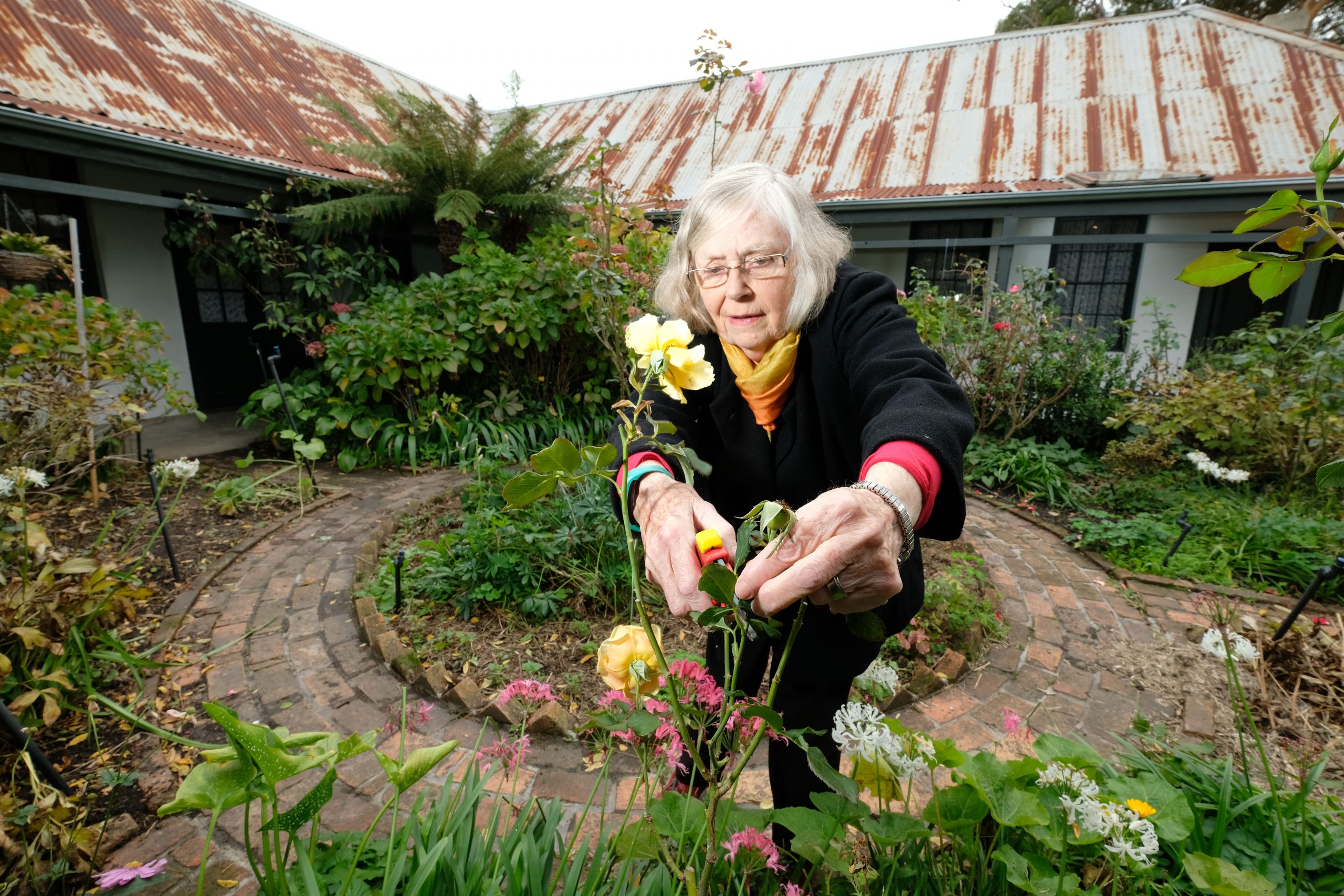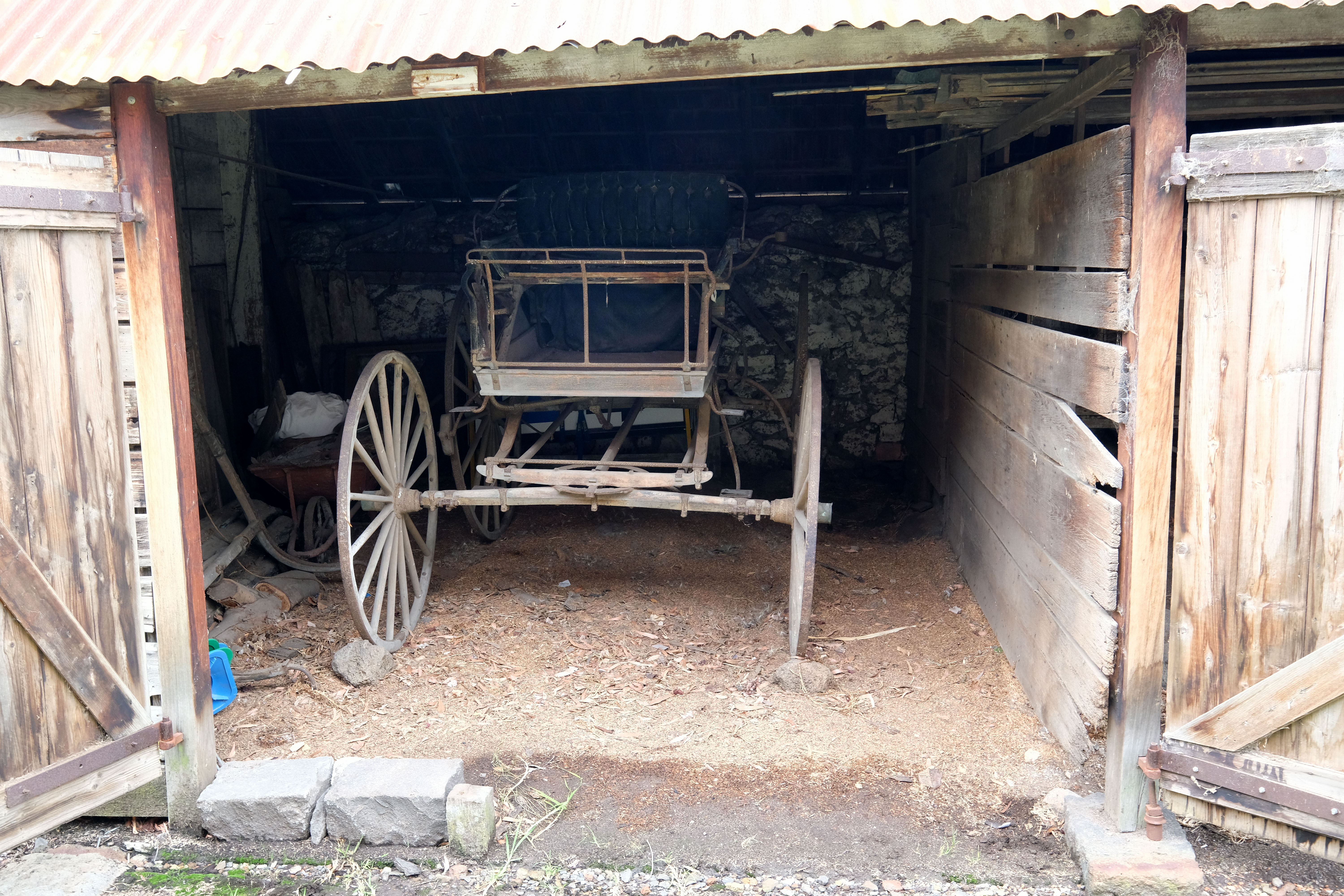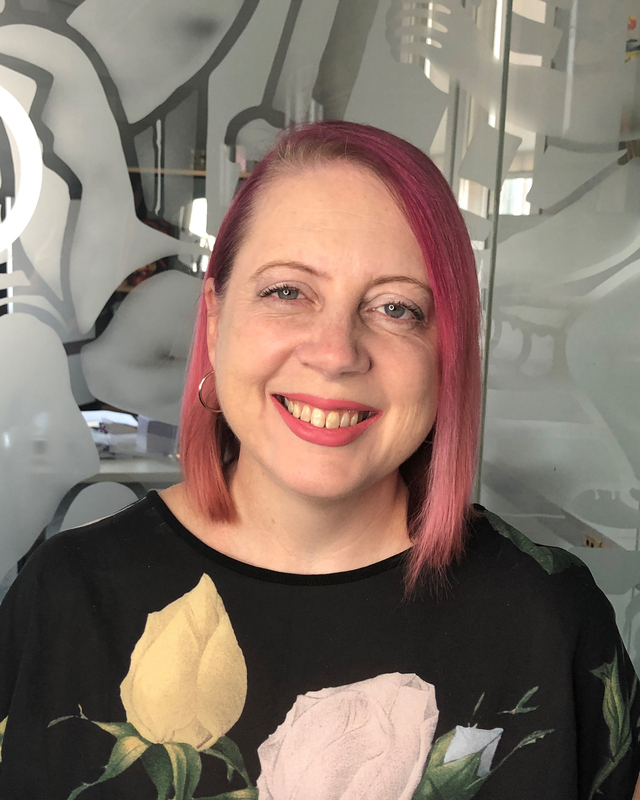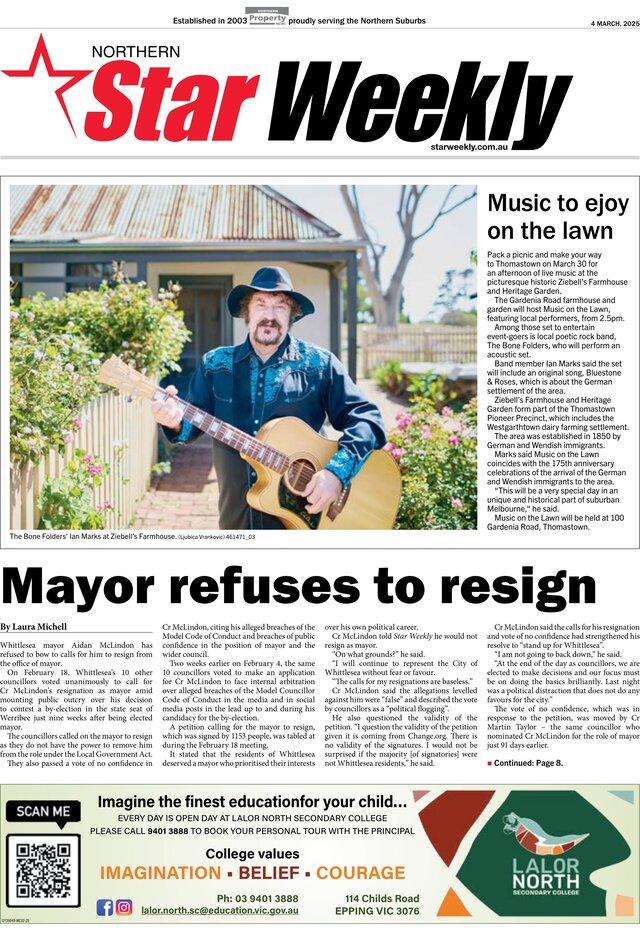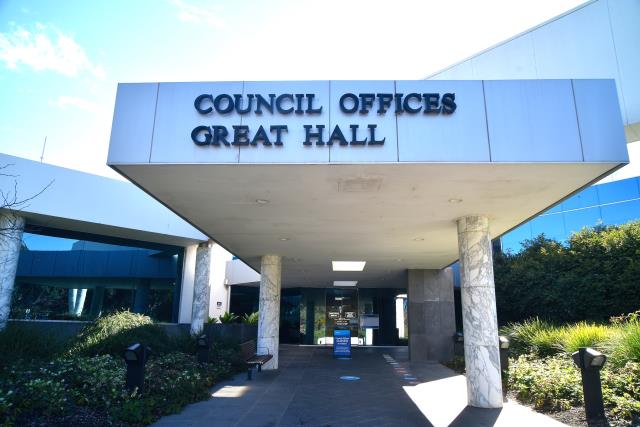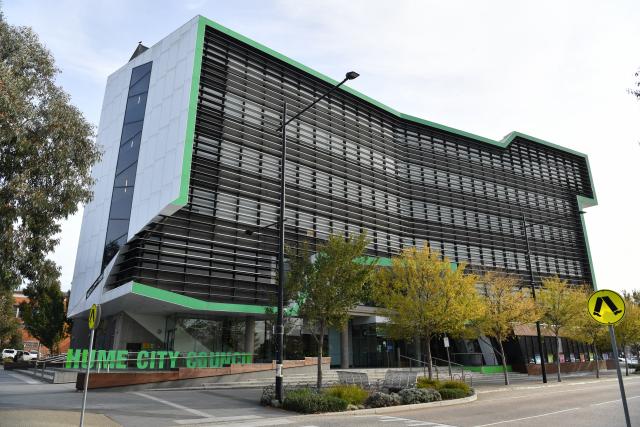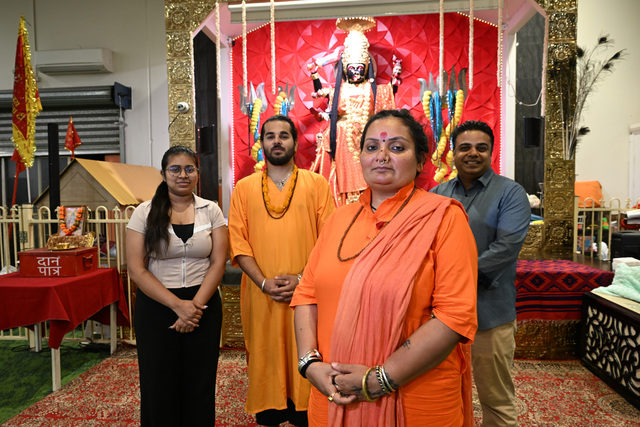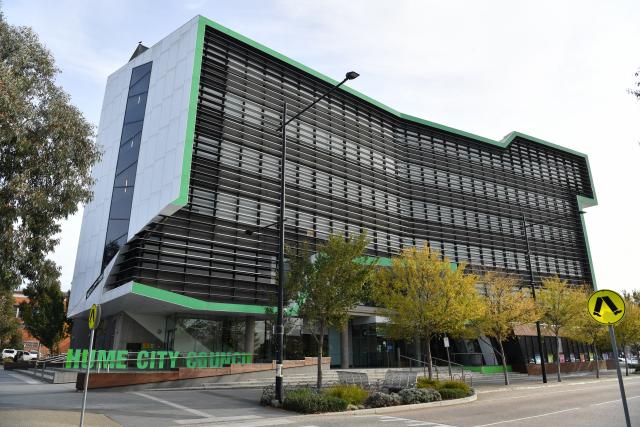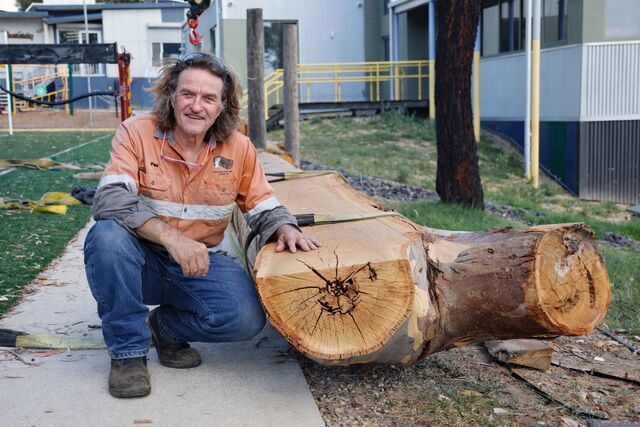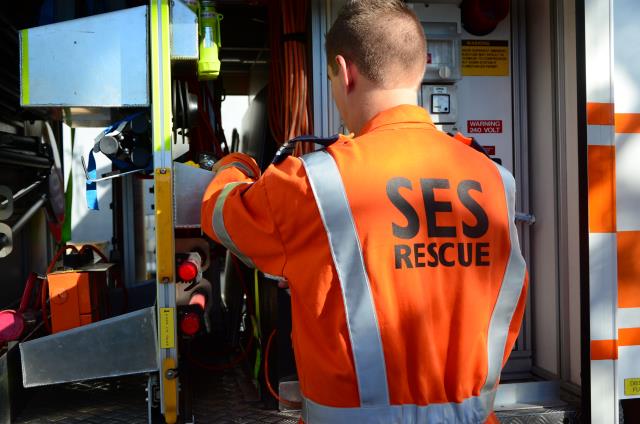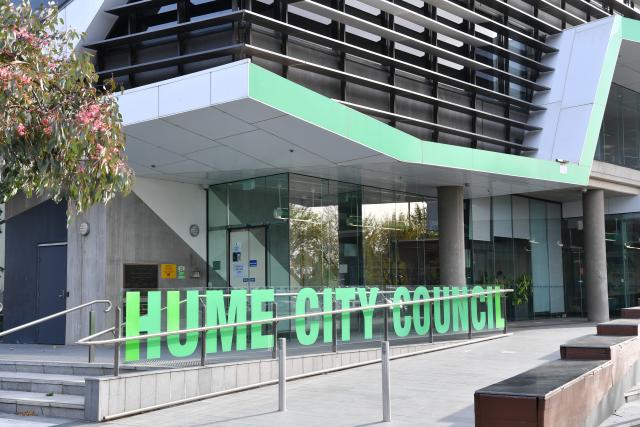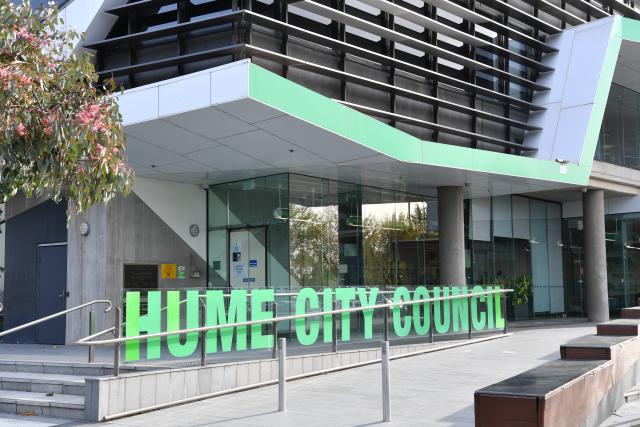In a quiet residential area on the border of Thomastown and Lalor lies a little known precinct dedicated to celebrating the German and Wendish pioneers who settled in the area.
Known as the Thomastown Pioneer Precinct, it dates back to 1850 when German and Wendish immigrants established the Westgarthtown dairy farming settlement on its land.
Today, the precinct comprises Ziebell’s Farmhouse, its heritage garden and outbuildings, including a cart shed which was the first building constructed in Thomastown; the Thomastown Lutheran Church; WestgarthtownLutheran Cemetery; and the privately-owned Graff, Siebel, Maltzahn and Wuchatsch farmhouses.
For more than 20 years, a group of dedicated volunteers known as the Friends of Westgarthtown have worked to protect, restore and promote the precinct and its buildings.
Their focus has been on Ziebell’s Farmhouse which is owned by Whittlesea council and recently gained accreditation from Museums Australia (Victoria).
The accreditation means the farmhouse is one of 74 accredited Victorian museums and galleries.

Friends of Westgarthtownpresident John Fry said the group hoped to raise awareness of Westgarthtown’s role in the history of Thomastown and Lalor.
He said the accreditation was recognition of the hard work the friends had done since 1995 to restore Ziebell’s Farmhouse and promote the precinct’s history.
The museum features items from four generations of the Ziebell family who called the farmhouse home, as well as information about the farmhouse and surrounding buildings.
There is also information about the ship, the Pribislaw, which brought the migrants to Australia, as well as timbers from the ship.
Committee member Gillian Borrack said the museum was often visited by school and tour groups.
“A lot of the elderly people like it because it reminds them of their homes in Europe,” she said.
“But unfortunately, most people probably don’t recognise the importance of the precinct.”

Whittlesea mayor Kris Pavlidis said Ziebell’s Farmhouse and the Westgarthtown precinct represented Whittlesea’s unique cultural heritage.
“It educates and informs today’s generation about those who lived here before us,” she said.
“We have known for a long time how valuable Ziebell’s Farmhouse is to our area and our municipality.”


